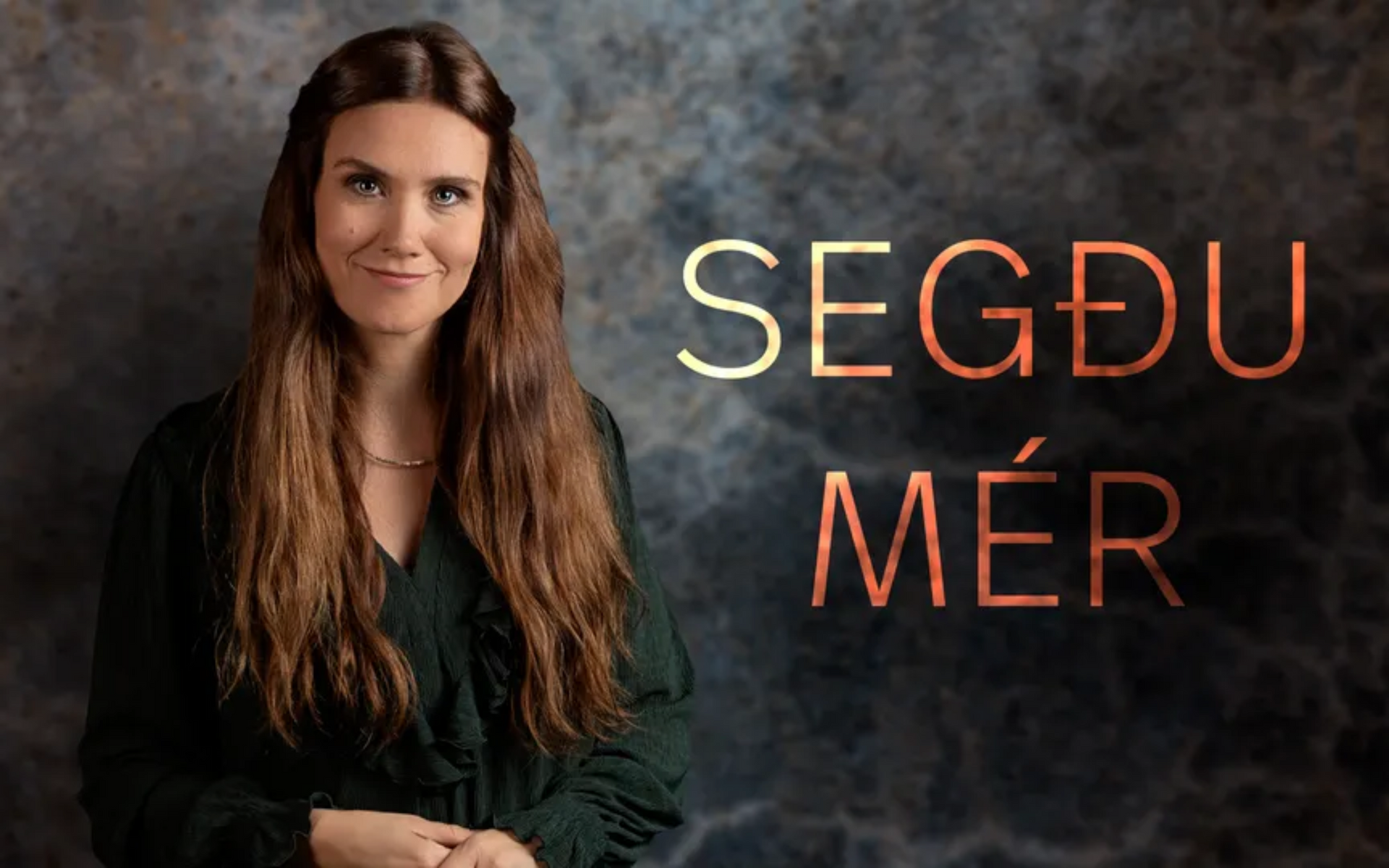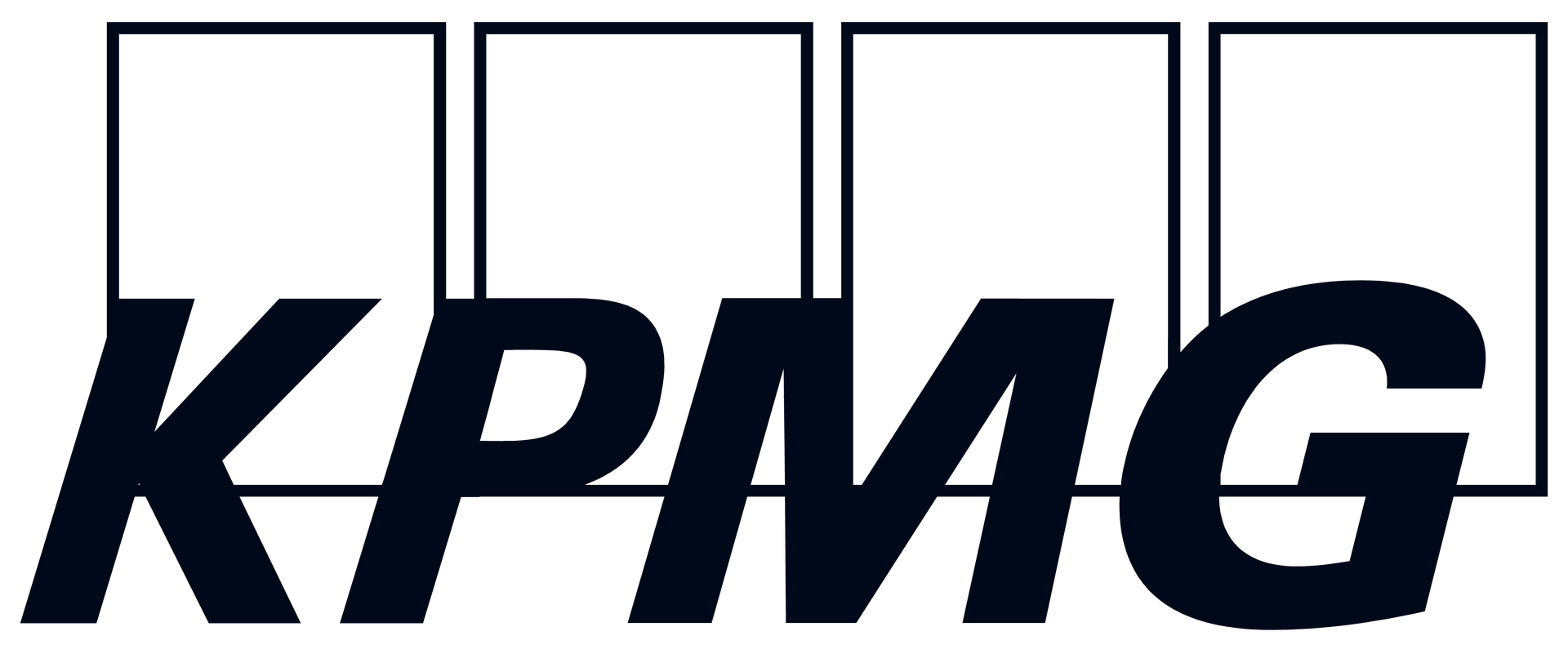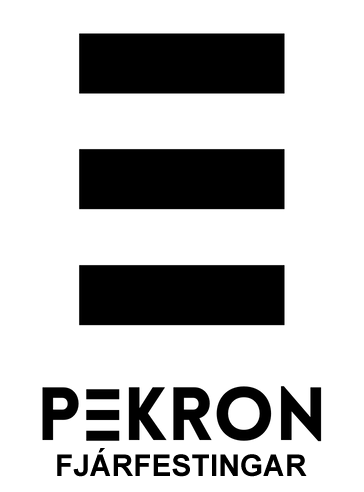Our mission
Raise awareness on spinal cord injury paralysis
Raise awareness on World Health Organization's Global Action Plan on Epilepsy and Other Neurological Disorders 2022 -2031
A75/10 Add.4
Together, we can find a cure
The Story Behind ISCI
A fight for a cure
Finding a cure for spinal cord injuries is not just a medical challenge—it is a humanitarian necessity. This incredible journey is proof that one person’s determination can move governments, change policies, and bring hope to millions.
ISCI - Institute of Spinal Cord Injury - Iceland
It is our belief at ISCI that there is a great deal of scientific knowledge in the international field of neuroscience that is not being used for those who suffer from damage, or disease, in the nervous system.
To effectively utilize all this knowledge, we believe that an international organization, such as the World Health Organization (WHO), must take the lead in ensuring that all existing knowledge about the central nervous system is collected, analyzed, and synchronized using artificial intelligence (AI). The goal would be to identify common patterns within the dataset that could guide scientists towards discovering cure for neurological conditions, including spinal cord injury paralysis.
ISCI has reached out to numerous parties to highlight the urgent need for a cure for spinal cord injuries. For example, we sent two letters to Ban Ki-moon, then Secretary-General of the United Nations, requesting that neurological disorders be included in the UN's development goals. Although this was not achieved, with the support of Iceland's Permanent Mission to the United Nations in New York, we succeeded in having the term "neurological disorders" included in the UN's action plan for diseases to be addressed by 2030.
Read more
We sent five letters to WHO Director-General Dr. Tedros Ghebreyesus, and ultimately, with the collaboration of Iceland's then-Minister for Foreign Affairs, the Ministry for Foreign Affairs, and Iceland's Permanent Mission to the United Nations in Geneva, we succeeded in including the following terms in WHO's policy document (A75/10 Add.4): spinal cord injury, cure, and cure more neurological disorders. Moreover, we ensured that the term "Other Neurological Disorders" was added to the title of the WHO initiative, which was initially focused exclusively on epilepsy.
Our Initiatives
to Accelerate the Cure
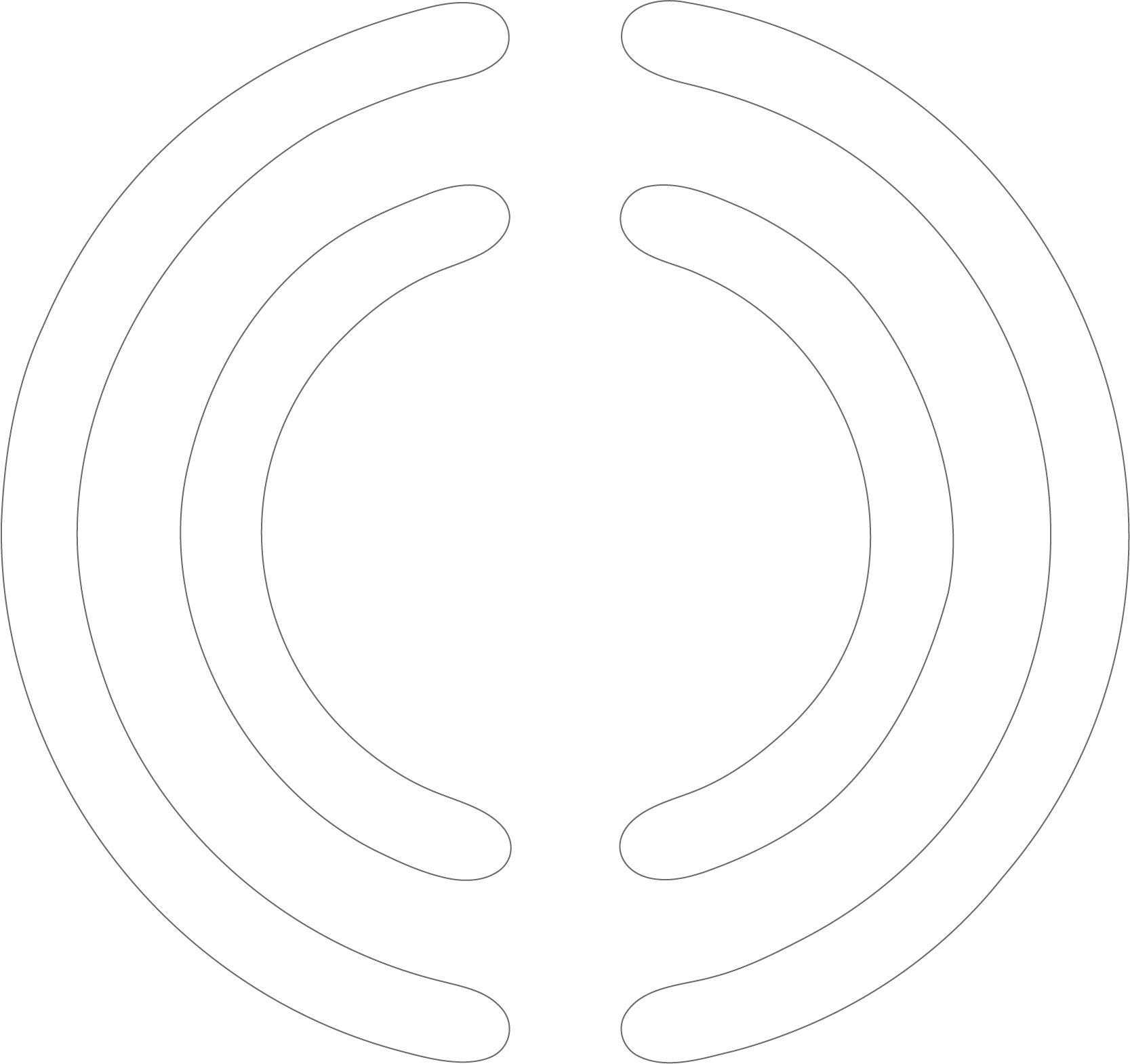
Together we can find a cure

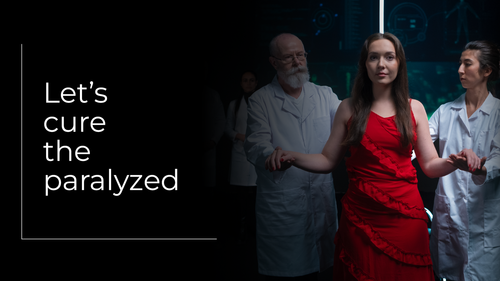
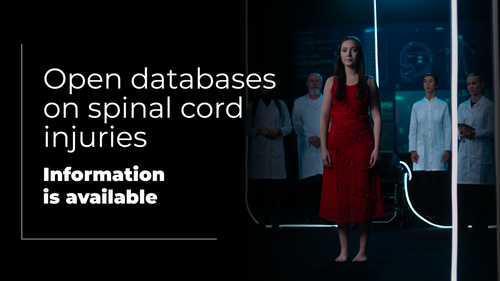
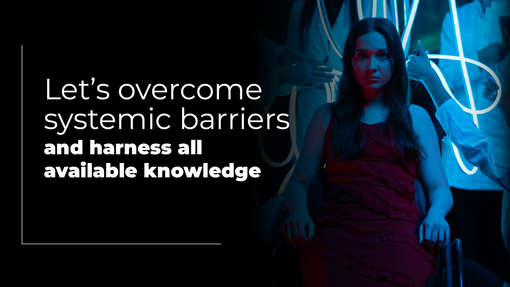
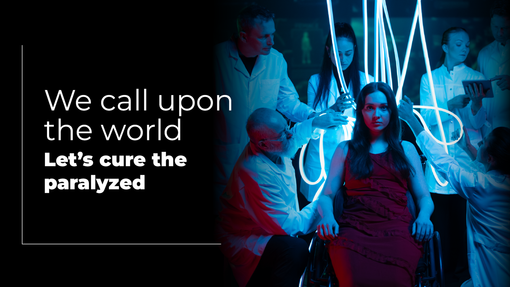
World Health Organization (WHO)
The decade of action for Epilepsy and other neurological disorders
In connection with the World Health Organization's (WHO) Decade of Action (2022–2031), we are raising awareness of spinal cord injuries to highlight the urgent need for improved research, treatment, and ultimately, a cure. Spinal cord injuries can have life-altering consequences, leaving individuals with paralysis and significantly reduced quality of life. Despite advances in medical science, effective treatments remain limited, and many affected individuals face lifelong challenges.
Our goal is to drive progress toward a cure for paralysis and other conditions affecting the nervous system. With coordinated action from governments and the scientific community, we can accelerate research and, hopefully, develop new treatments that offer hope to those living with spinal cord injuries.
In Tetros Ghebreyesus, director of WHO, latest speech on February 3rd, 2025, he said in the conclusion:
"For us, change is a constant, and that's what our Member States told us when we started the reform, "change is a constant". We believe in continuous improvement, and we would welcome suggestions from the United States and all Member States for how we can serve you and the people of the world better. So, although we are doing a lot of reform, additional is welcome."
This serves as a call to Non-Governmental Organizations (NGOs), focused on spinal cord injuries and other neurological disorders, to urge their national authorities to request that the WHO make an appeal to enhance the understanding of how the nervous system functions.
ISCI project status
Latest updates & news





